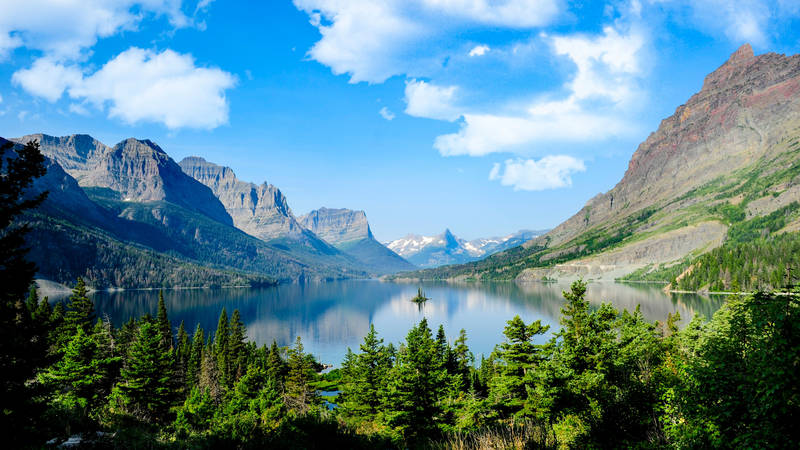Forest service's emergency fuel reduction treatment will help protect giant sequoia trees from climate-fueled wildfires
Sacramento, CA – Today, the U.S. Forest Service announced new emergency action to protect giant sequoias from climate-fueled wildfires by stepping up emergency fuel reduction treatment designed to reduce the risk of wildfires engulfing the famous trees.
In another summer of large wildfires, earlier this month Yosemite National Park’s famous Mariposa Grove of giant sequoia trees was spared from a wildfire in part by the area’s history of fuel reduction treatments.
“Park lovers everywhere are grateful to Secretaries Haaland and Vilsack for protecting our majestic Sequoia trees. These trees are part of what makes national parks so special and are vital to our nation’s history, culture and the economies of park communities,” said Neal Desai, senior program director at the National Parks Conservation Association. “National Park Service staff have demonstrated time and again that they are more than capable of safeguarding these trees when they receive funding from Congress. The Park Service’s actions in protecting the famed Mariposa Sequoia Grove in Yosemite is only the most recent example showing that federal laws aren’t holding back this important preservation work.
"Climate-fueled wildfires remain a threat to national parks and Sequoia trees. Instead of advancing proposals to undermine environmental protection laws, Congress should better fund the agencies and follow the lead of National Park Service and US Forest Service staff to ensure that Sequoias can continue to thrive,” Desai added.
###
About National Parks Conservation Association (NPCA): Since 1919, the nonpartisan National Parks Conservation Association has been the leading voice in safeguarding our national parks. NPCA and its nearly 1.6 million members and supporters work together to protect and preserve our nation’s most iconic and inspirational places for future generations. For more information, visit www.npca.org.
For Media Inquiries
-
General
-
- Park:
- Sequoia National Park
-
- NPCA Region:
- Pacific
-
-
Issues


